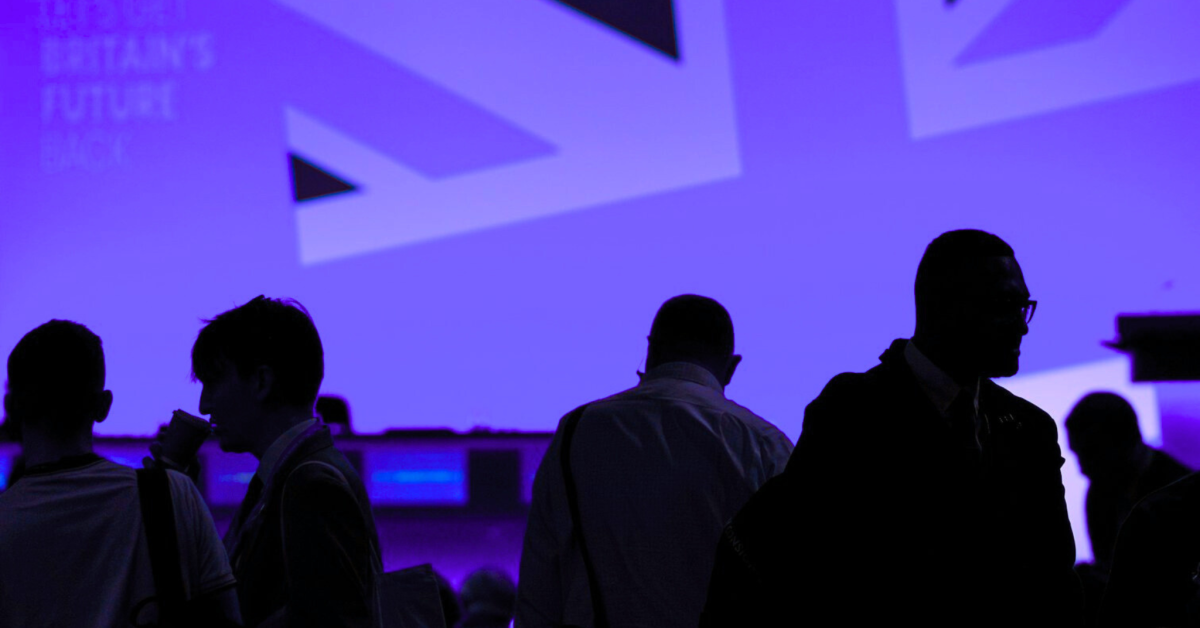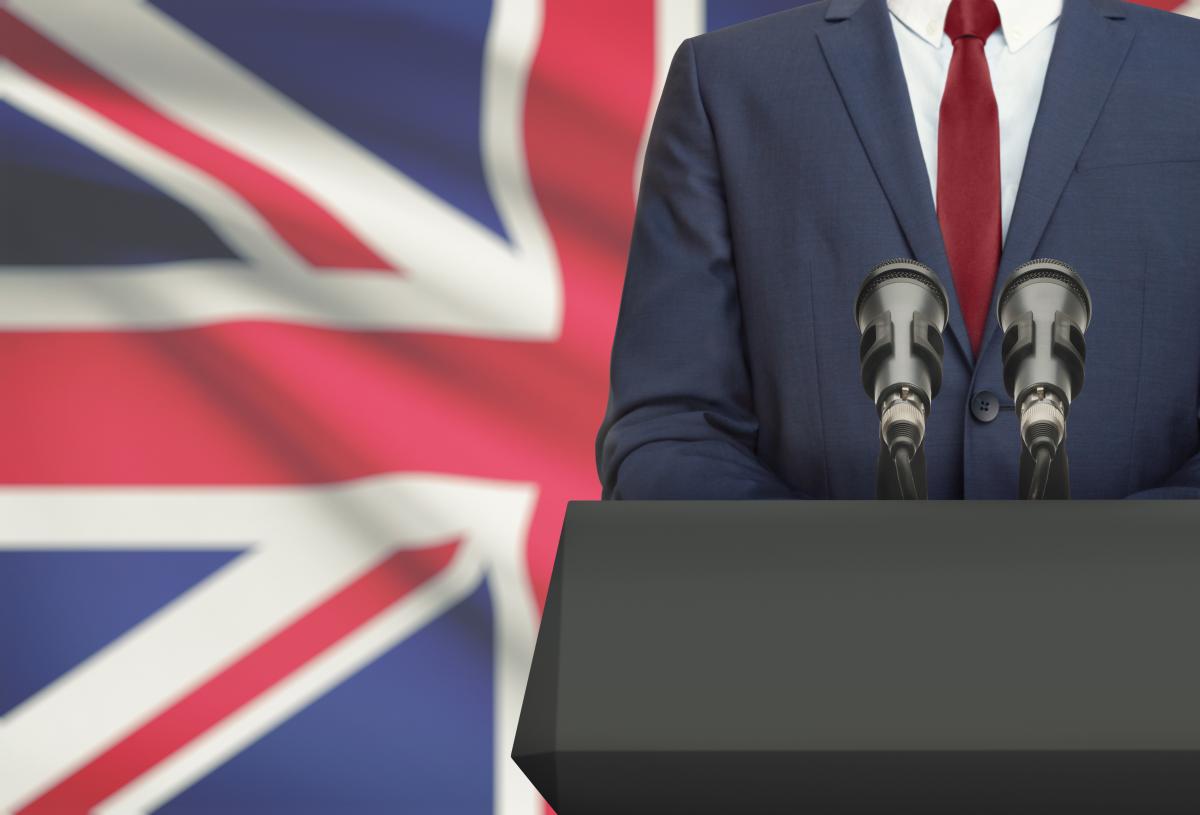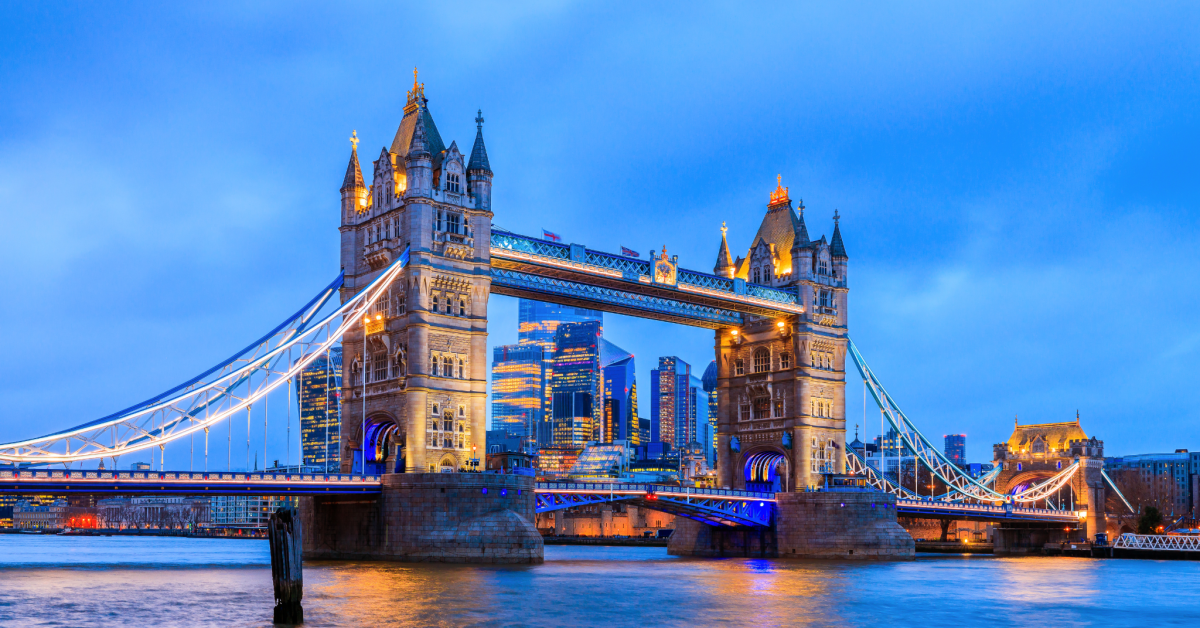Starmer strengthened. Burnham burned out. Conference actually stabilized. Nobody wanted a leadership blood bath. This is the conference that nobody had predicted a week ago.
Amongst delegates, activists and corporate attendees, the general feeling that Conference has been fairly steady so far and less gloomy than everyone was expecting prevails. And many say this is just what the party needed. Even Business Day—a challenge after last year—ran pretty smoothly and people seemed much happier with it.
That being said, conference seems quieter than expected. There is less business representation compared to last year, and most are staying for less time. Tuesday is normally party night, but will there be as many party-goers?
Another pre-conference concern was that Reform would be the ultimate beneficiaries, given the extent that they are “living rent-free in Labour heads” and would dominate discussion. However, this fear does not seem to have been entirely founded, although they remain a part of the conversation here in Liverpool, they haven’t been the sole focus.
It does however remain the case that this Labour Government needs to better articulate how its vision for the country translates into delivery. The Prime Minister tried to use his speech to define whose side the Government is on. That is now clearer, and as such this speech should be viewed as a success on its own terms. What is not yet so clear is how that definition translates into what people will feel—about him, about his government and about the future of the country.
The Prime Minister’s speech
Like the rejuvenated Oasis later referenced in his speech, this might be the moment that Keir Starmer got his swagger back. All week Keir Starmer’s team have worried about the sore throat he’s been nursing. Not so today. He found his voice in a rallying cry to the nation.
This was his story of an optimistic, positive vision that called for unity in a mission of national renewal, pushing hard against what he called “the politics of grievance.”
After months of uncertainty about his approach to the rising tide of far-right inspired protests and Nigel Farage, the Prime Minister came out strongly to define this as the politics of division that “hates Britain.”
In a list that stretched from England’s successful Lionesses on the football field to the community activist who opened a library to the man who scrubbed racist graffiti off the walls of a Chinese takeaway, the Prime Minister contrasted what he called the “best of Britain” with those who talk down Britain—a very clear reference to Nigel Farage and his other political opponents.
The idea that renewal has to be paid for and that responsible economic policy is key was spelt out. He conceded that business had been asked to bear a lot of the burden in tax rises. But he said that without strong fiscal rules, the hit to economic stability would hurt everyone in the country. While this was a thinly veiled attack on Andy Burnham’s failed leadership bid, it was also a warning to Labour MPs and the wider Labour movement that the answers to the country’s problems couldn’t be solved by spending alone.
This conference has had an odd sense of failing to tell the story that being government is an opportunity to make decisions and changes every day—too much focus on the difficulty and not enough on telling the story of the work of the government.
The Prime Minister put that aside to tell the story of the decisions the Labour government has already made. And in describing the future he talked about improving the places people live and the experience of public services for ordinary working people.
His two big policy announcements to illustrate this were:
- Digitizing the NHS in a much more direct way so that people can book appointments online.
- Setting a target for two-thirds of all young adults to be in further or higher education—a potential transformation for the skills sector.
It was also notable that the Prime Minister criticized Brexit at least five times, perhaps ushering in an end to the omerta which prevented the B-word being uttered for fear of offending those who voted to leave the EU. That decision to leave is now so unpopular that he feels liberated to criticize it and blame it (and Nigel Farage as its owner) as the source of many of the country’s problems.
It was also striking that he only, briefly mentioned the Conservatives at the end. If politics is about defining what you are for and who you are against, the Prime Minister couldn’t have been clearer: it is the populist right embodied by Nigel Farage.
Starmer’s message was that Britain stands at a fork in the road, and it can turn to Farage and his politics of grievance (“the people who told British people lies on the side of a bus”). But for these people fomenting the feeling of decline was “good for their business” but not bad for the country.
He said, Britain can reject this and remember what makes it a great country, of resolve and a land of respect, a Britain built for all.
Starmer’s solution in the speech remains the core mission of the government: to grow the economy, improve living standards and change the way we create wealth.
He said we really are all in it together, because we all have a contribution to make, including young people who “deserve respect.” In this he highlighted those who choose not to go university but want to pursue apprenticeships—and so he announced that from now on two-thirds of all young people will go into higher or further education.
Acknowledging the complaints of businesses in the room and around the country, he recognized that a lot was asked of business in the last budget. People were left in no doubt that he felt this was only a short-term measure. Because, as he said, in the long run, fixing infrastructure and public services will lift growth and create the path to national renewal.
And in some of his strongest lines, Starmer made it clear that there is a moral line in current debates which some cross.
He was clear that strong borders are part of providing the security of the nation. And that concern about illegal migration is real and legitimate. But he drew a clear line about where this could tip into racism and thuggery. “Free speech is a British value we have guarded for centuries, but inciting racist violence is criminal,” he said. He was clear that flying flags is a proud and patriotic gesture but that using it to sow division was the opposite of their purpose. And he confronted the conversations some are having that people cannot be British because of the color of their skin, or should be deported despite having a legal right to remain. He said that this kind of division conversation was the enemy of national renewal.
Starmer ended by rejecting the narrative of a broken Britain. For him it is a question of the politics of grievance versus the politics of renewal.
He has picked his side, and he will stand up to those who look at their neighbors and no longer see them as fellow partners in the project of Britain Renewed and will stand for a tolerant, decent respectful Britain, built for all.
Reaction
Following the Prime Minister’s speech, the Edelman team on the ground in Liverpool spoke to a number of Labour insiders, MPs and business leaders to hear their thoughts. Here is a snapshot of what they had to say:
- “That was very good—and it was what we needed. I’m still not convinced he will be our leader at the next election though.” — Former Government Minister who was sacked in the September reshuffle
- “His best yet.” — Recently promoted 2024 intake Labour MP
- “I could have cried—exactly what we needed.” — 2024 intake Labour MP talking about the anti-racism passages of the speech
- “This was Keir making the case for a progressive social democratic alternative to the populist far right. It worked, recasting patriotism as togetherness, unity and respect for others. One speech can’t fix all the problems facing government, but it can offer the hope that people have been crying out for. This morale booster is a start, but now the government has to deliver.” — Senior Trade Union Official
- “I thought it was probably what we needed.” — 2024 intake Labour MP representing a “Red Wall” constituency
- “Government needs direction about what it’s for and what we’re against. Keir gave that direction today. Ministers must get on with making that patriotic, optimistic vision of renewal, real on the streets and in the towns. But they now have a mandate to push aside the blockers that have held things back for too long.” — Senior Government Special Adviser
- “I thought it was a good speech. I liked it when he talked about values—which I share—but there wasn’t enough about economic growth and taking the steps to achieve it.” — Senior Director, Financial Services Sector
- “This is right up our street and will be a game changer for SMEs, supply chains and long-term talent pools.” — Business leader on the commitment to have 2/3s of young adults in Higher or “Gold Standard” Further Education
- “There are still political fundamentals which need solving for the government—the relationship between No 10 and the PLP, and navigating the Budget—but I thought Keir put the cap on what’s been a conference that’s brought some stability…The PM at his best and most authentic.” — Trade Association Leader
- “Terrible. Full of meaningless stuff.” — Senior Executive, Tech Sector
- “I didn’t like the politics of grievance bit. The Democrats tried that in the US. What if people have a grievance and want to vote for it? Nelson Mandela had a grievance. It’s hurrying up on the delivery that will beat Reform.” — Trade Union Organizer
Key Announcements
The key announcements from Labour Party Conference include:
Health
- Reforms to general practice, with GP appointments available to book online at any time. This will be backed by an additional £1 billion for general practice and the recruitment of 2,000 more GPs.
- Launch of an “online hospital” in 2027, dubbed NHS Online, designed to create millions of extra appointments.
- Government support for the first-ever fair pay agreement for care workers, starting with £500,000 in improved pay across the sector.
Education
- A commitment to ensure every primary school has a library by the end of this Parliament, framed as part of expanding opportunities for all children.
- Introduction of a new Youth Guarantee so that every young person can access college, apprenticeships, or job support, with those unemployed for 18 months offered a paid placement.
- Confirmation that work is under way on a youth mobility agreement with the EU, expanding opportunities for young people to study and work abroad.
- Scrapping of the target for 50% of young people to go to university, to be replaced with a new ambition for two-thirds of young people to be in university or enrolled in “gold-standard apprenticeships.”
- 2,000 additional free breakfast clubs next year (2026)
Crime and Policing
- Recruitment of 3,000 additional police officers by 2026.
- Launch of a Winter of Action, modeled on the Safer Streets Summer Initiative, with police and local businesses working together to target shoplifting and antisocial behavior on hundreds of high streets during the busiest retail weeks.
Immigration
- Extension of the qualifying period for indefinite leave to remain from five years to ten, subject to consultation. New conditions under consideration include steady employment, consistent National Insurance contributions, no recourse to public benefits, a high standard of English, a clean criminal record, and evidence of giving back to the community, such as volunteering locally.
AI and Innovation
- Creation of a new Women Tech Taskforce to bring together industry experts and reshape the technology sector to better support women in Britain.
Defense
- Implementation of a new “Forces First” approach to building on MoD land, with priority homeownership for armed forces families and veterans and better-quality service family accommodation.
Materials presented by Edelman’s Public & Government Affairs experts. For additional information, reach out to Wes.Ball@Edelman.com



